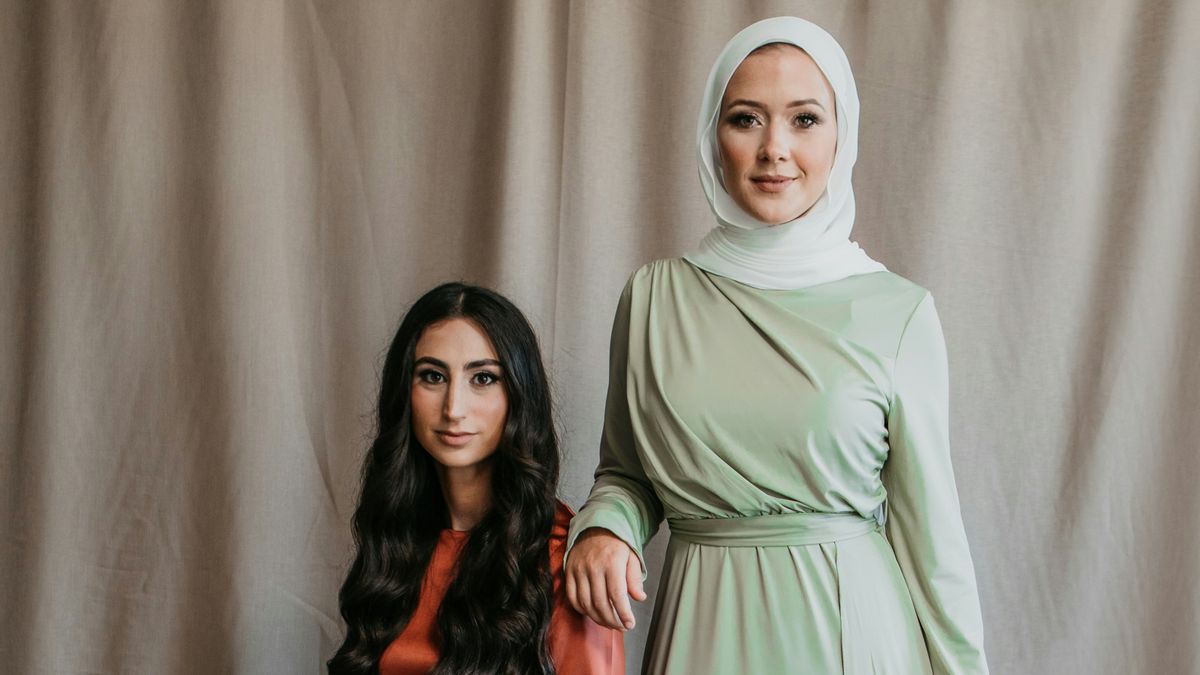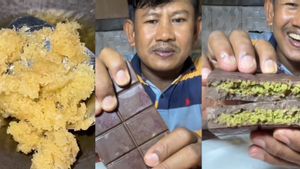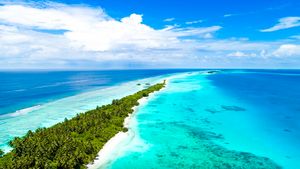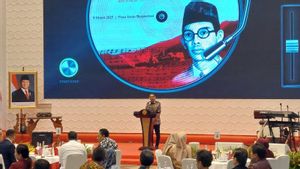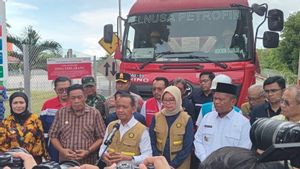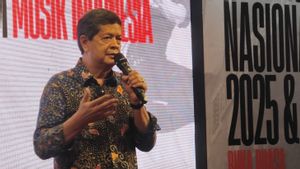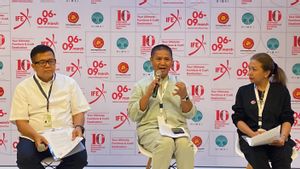JAKARTA - The modest fashion industry in Indonesia has great potential to be developed. Deputy Minister of Creative Economy/Deputy Head of the Creative Economy Agency (Wamenekraf/Wakabekraf) Irene Umar emphasized the importance of collaborative steps from all stakeholders as a solution in the development of the Indonesian fashion modest industry.
"I hope we can flood fashion modest products not only in local (markets) as hosts, but also into other countries. Markets are very ready to accept us," said Deputy Minister of Creative Economy Irene when opening "FGD Indonesia's National Strategy as the World Fashion Fashion Center" at the Ministry of MSMEs office, Thursday (21/11/2024).
The global Islamic Economy (SGIE) in its report last year noted that Indonesian fashion modest products ranked 3rd in the world after Turkey, which ranks first and Malaysia in second place.
Even though it is in the top three, this condition is not yet fully optimal considering that Indonesia's potential is still not fully exploited.
Indonesia is one of the largest Muslim population in the world. The Muslim population in Indonesia currently reaches around 245 million people or about 87.08 percent of Indonesia's total population of 282.4 million people (semester I 2024).
"Our population is bigger than Malaysia, so we should be able to do a lot. There are so many Malaysians who come here from decades ago, they always go to Tanah Abang to shop for headscarves and are brought (sold) there," said Irene.
SEE ALSO:
Indonesian creative economy players, especially in the fashion modes, also have high creativity. Starting from the design point of view, other things.
"We also have no problems in terms of design and creativity. But we have to look at (the problem in) downstreaming, the downstreaming process," said Irene.
Currently, there are still many fashion fashion industry players who have difficulty getting textile raw materials. They are forced to take materials from abroad such as China, which is cheaper but also no less in terms of quality.
Therefore, Deputy Minister Irene invites all parties to work and fight together. Including re-identifying existing problems in downstreaming to see where the party or ministry/institution can intervene.
The FGD, which was attended by various parties, starting from ministries/agencies and other stakeholders, is expected to strengthen the common foundation.
"We must work together so that the economic strength of (MSMEs) producing yarn, producing fabrics from raw materials can also live," said Irene.
Previously, President Prabowo had said that Indonesia Gold 2045 must be achieved and this five years is a foundation that must be built together.
"He (President Prabowo) said there is no more such thing as sectoral egos, let alone the ego of the ministry, the ego of the deputies, let alone personal egos. Let's work together to know the knowledge of a problem that already exists in front of our eyes that this is not ok, then we can start to move together let's fix this together. What we are doing here is working together, we are building not only from governance but from non-government, from G2G, and also from private sectors and actors. _all the way to the consumers," he said.
The English, Chinese, Japanese, Arabic, and French versions are automatically generated by the AI. So there may still be inaccuracies in translating, please always see Indonesian as our main language. (system supported by DigitalSiber.id)
